News from the Institute for International Trade
Search news stories
Enter a keyword to search news.
Interactive Discussion on Revitalising Multilateralism
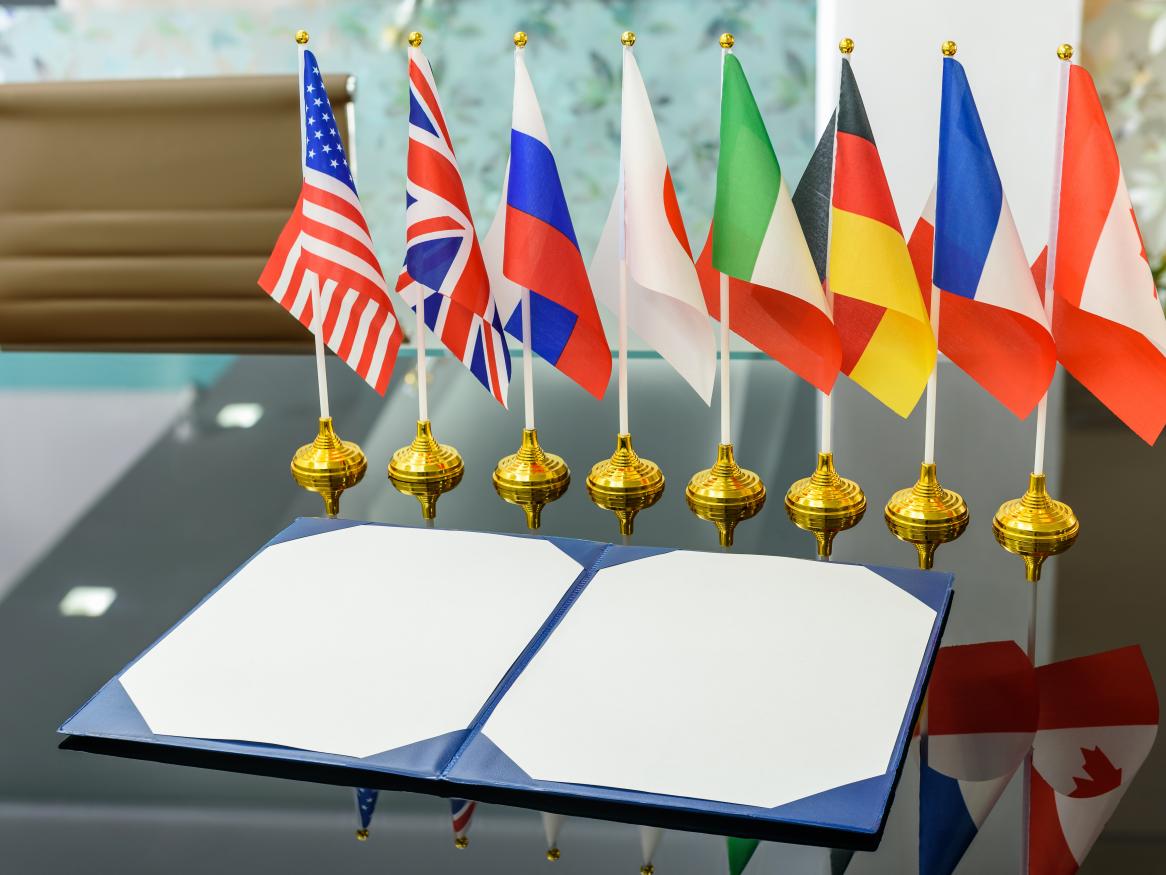
Tuesday 23 February, 2020. Leading experts from Asian Trade Centre, International Law and Global Governance, Edinburgh Law School, Department of Foreign Affairs and Trade joined IIT to discuss recently published
e-book Revitalising Multilateralism: Pragmatic ideas for the new World Trade Organisation (WTO) Director General.
[Read more about Interactive Discussion on Revitalising Multilateralism]
With a new Director General, can the WTO become a force for progress again?
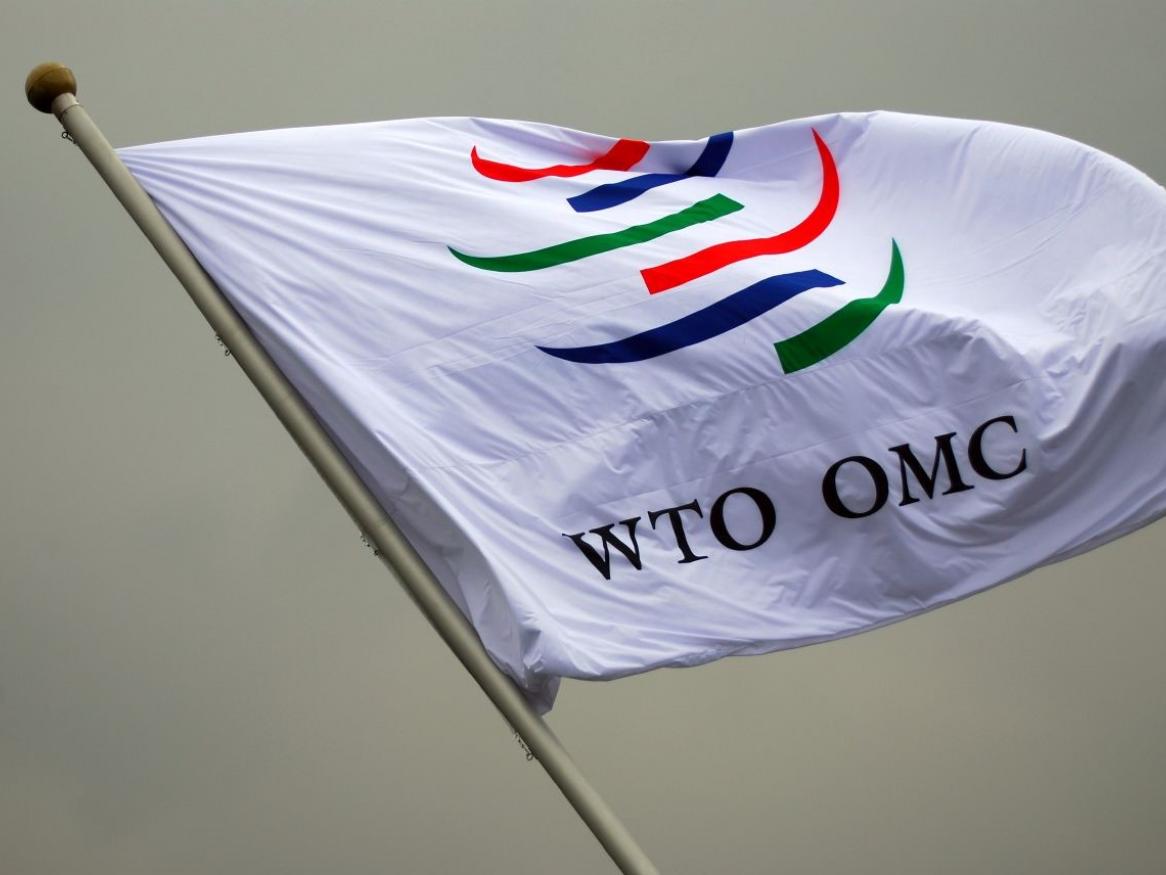
Andreas Freytag, Professor and Chair of Economic Policy, Friedrich Schiller University, Jena and Visiting Professor with IIT
Six months after the resignation of Roberto Azevédo the World Trade Organization (WTO) finally has a new leader. With Dr. Ngozi Okonjo-Iweala, the WTO is breaking new ground twice: for the first time in WTO history a woman is the Director-General, and for the first time the WTO is headed by an African woman.
[Read more about With a new Director General, can the WTO become a force for progress again?]
Is plurilateralism making the WTO an institutional zombie?
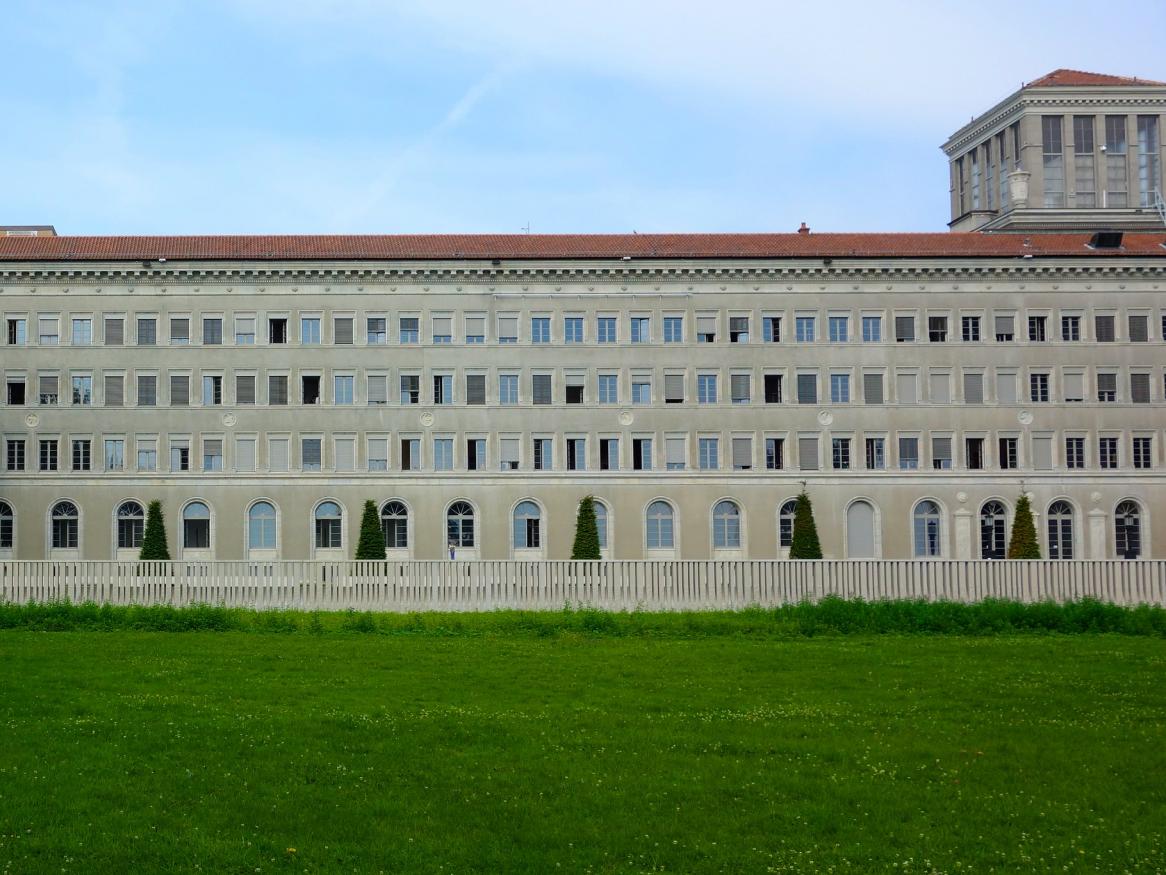
Dr Naoise McDonagh is Lecturer in Political Economy at the Institute for International Trade.
The World Trade Organization’s (WTO) 2014 Trade Facilitation Agreement is the only significant multilateral agreement it has concluded since its inception in 1995. Against that success, significant failures stand out.
[Read more about Is plurilateralism making the WTO an institutional zombie?]
Morphing Risks to Australia’s Goods Trade with China
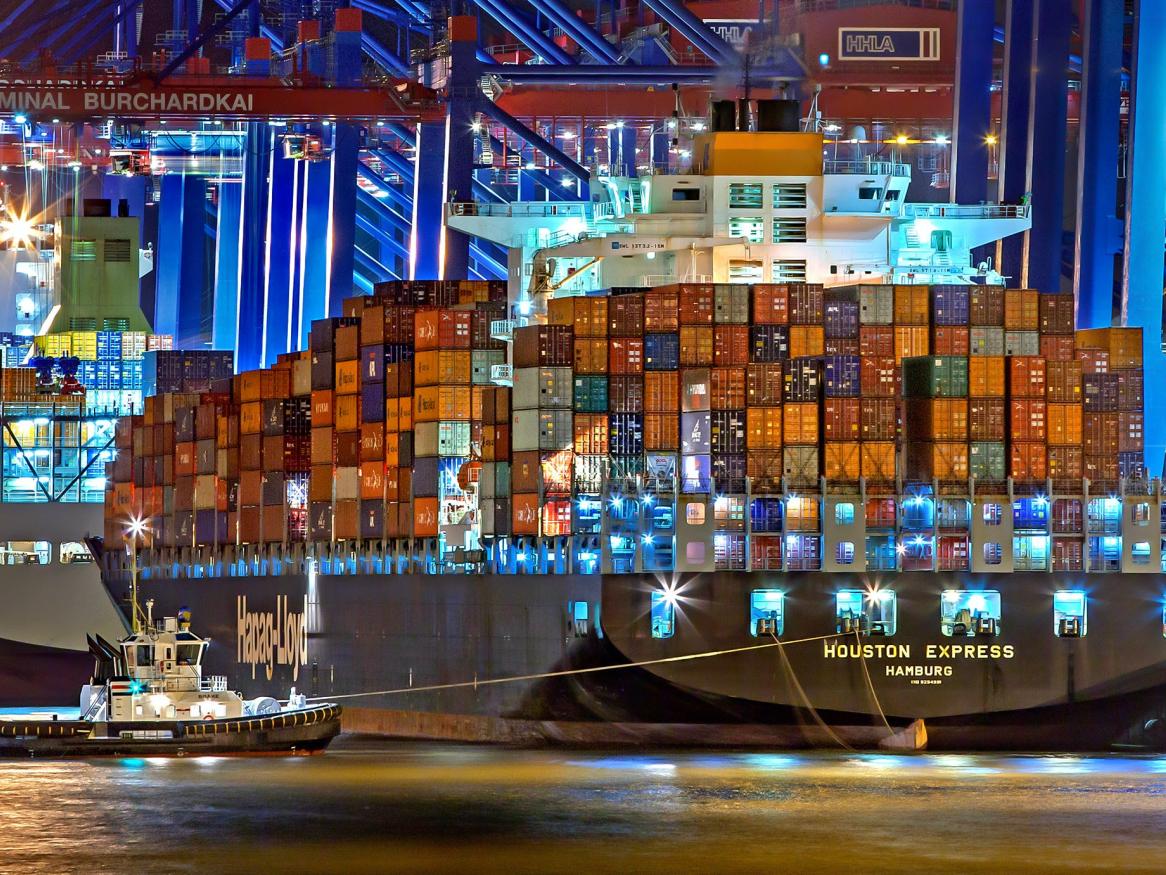
WORKING PAPER 02
At the start of 2020, the US-China Economic and Trade Agreement (the Phase One Agreement or Agreement) captured the attention of Australian policy makers and business. China had agreed to substantially increase goods imports from the United States in 2020 and 2021 and to accept certain US standards and conformity assessment procedures to assist US companies to access Chinese agricultural markets.
[Read more about Morphing Risks to Australia’s Goods Trade with China]
Rethinking WTO Rules on Chinese Industrial Subsidies, and Approaches for Future Reform
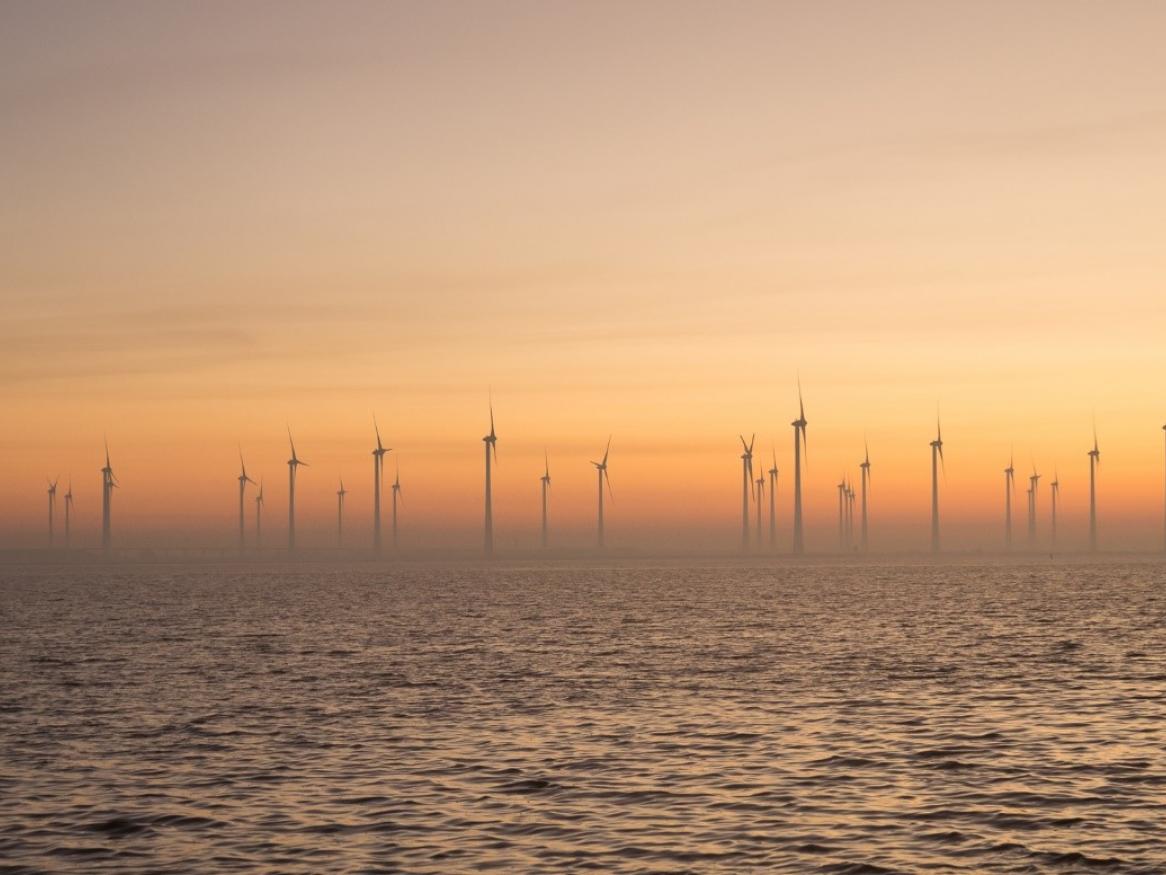
Weihuan Zhou is Associate Professor, Director of Research, and Member of the Herbert Smith Freehills China International Business and Economic Law (CIBEL) Centre, Faculty of Law and Justice, UNSW Sydney. Mandy Meng Fang is Assistant Professor, School of Law, City University of Hong Kong.
The reform of WTO rules on industrial subsidies should be based on a better understanding of the efficacy of the rules on China and fresh principles and approaches. It is time for governments to rebuild the political will needed for international cooperation.
Pursuing an Open Strategic Autonomy trade policy against China: Expect policy fluidity
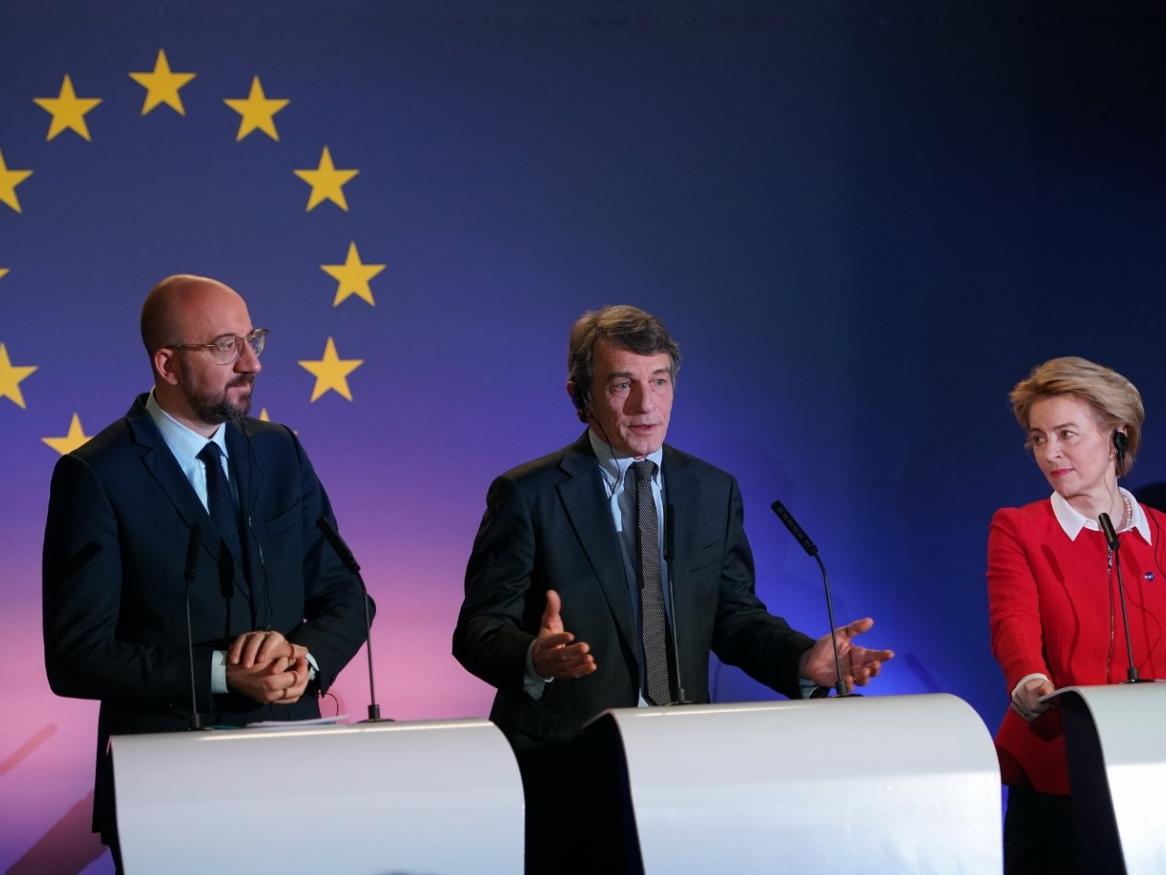
Weinian Hu is Research Fellow at the Centre for European Policy Studies, Belgium. The EU’s Open Strategic Autonomy policy approach was first revealed under the Commission’s recovery plan post-Covid, which was released in May 2020.
Virtual Briefing: The Treatment of Innovation in the Australia-UK FTA
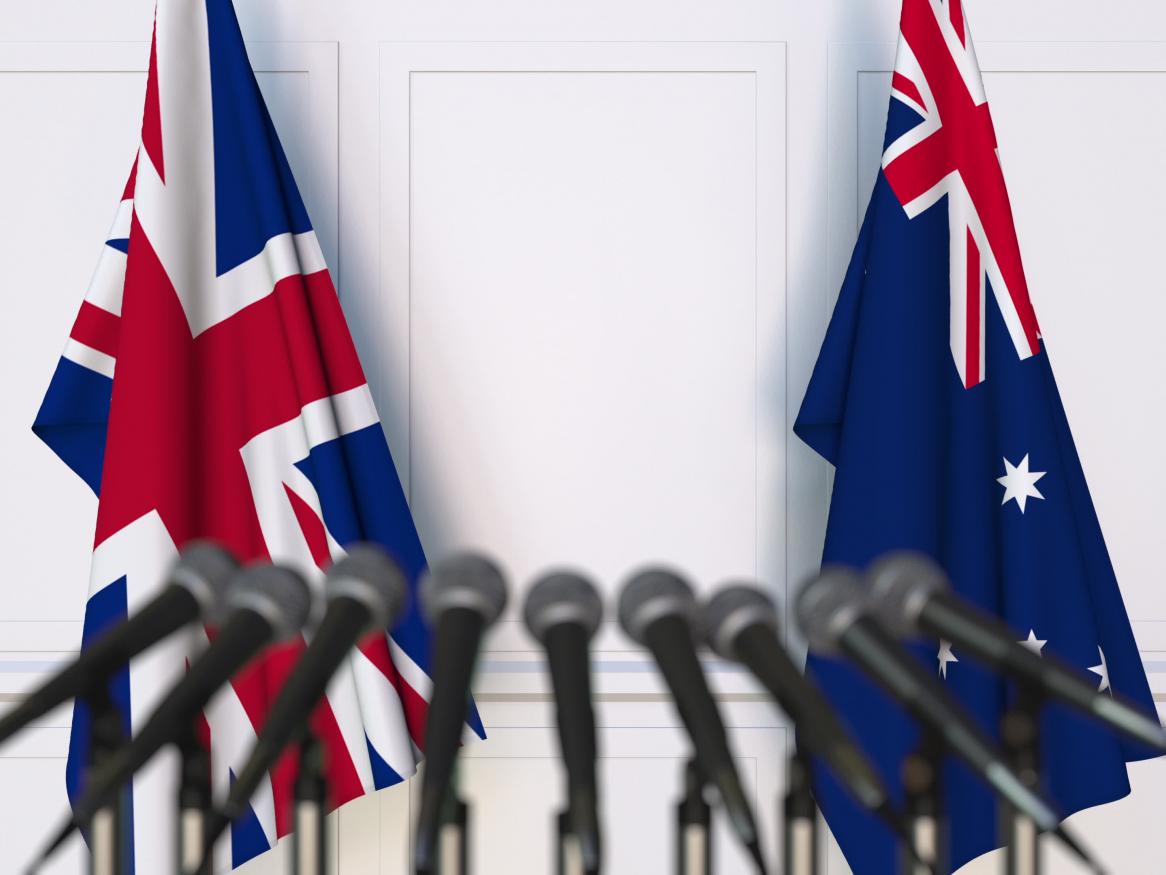
Friday 12 February, 2021. The British High Commission in Canberra, in partnership with the Australian British Chamber of Commerce and the Institute for International Trade,
co-hosted an interactive webinar with London-based experts from the UK Department for International Trade to discuss perspectives on how to ensure delivery of pro-innovation outcomes in the Australia-United Kingdom Free Trade Agreement (Australia-UK FTA).
[Read more about Virtual Briefing: The Treatment of Innovation in the Australia-UK FTA]
Bilateral EU-China Comprehensive Agreement on Investment (CAI)
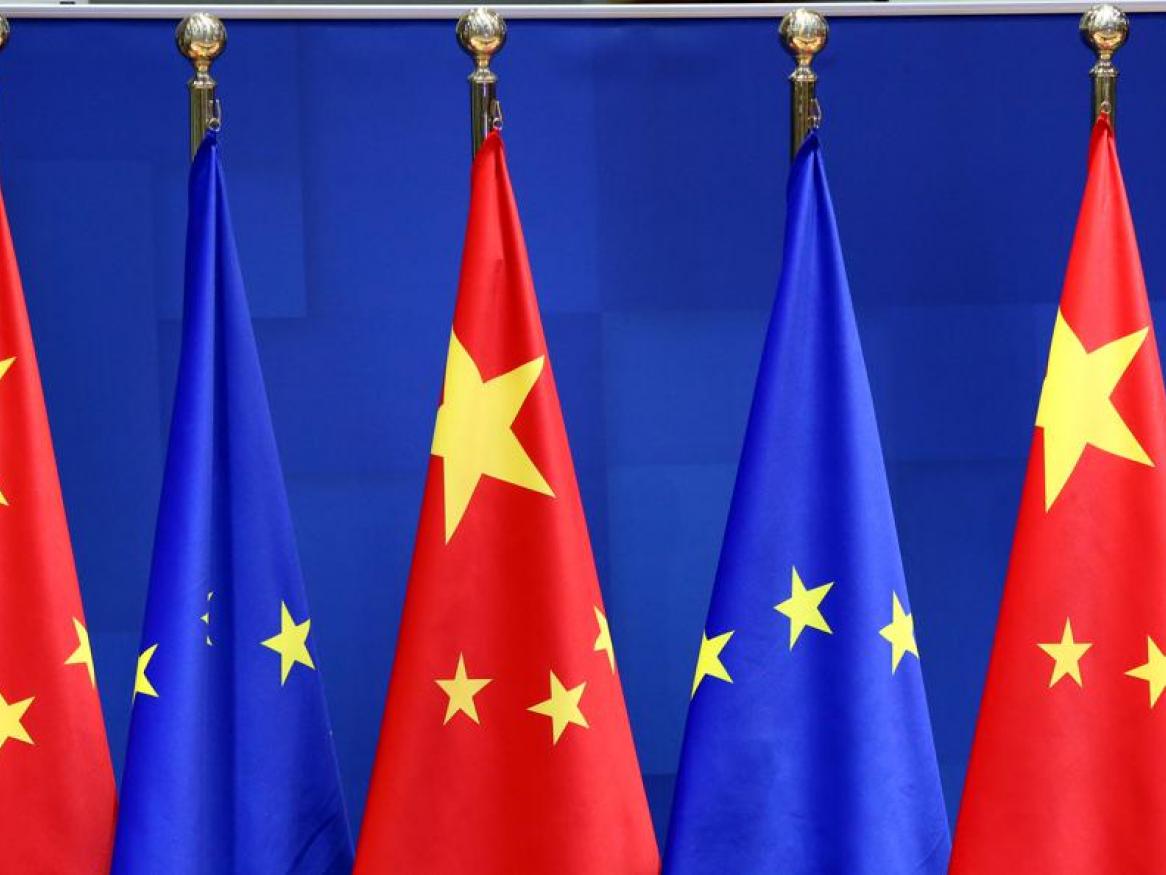
Wednesday 27 January, 2021.
The Institute for International Trade in collaboration with the Chinese University of Hong Kong & the European Services Forum, co-hosted the first 2021 Policy Outreach webinar for the Jean Monnet Network: Trade & Investment in Services Associates (TIISA). The topic was the Bilateral EU-China Comprehensive Agreement on Investment and the Key Note Speaker was the EU Chief Negotiator for the Agreement, Ms Maria Martin-Prat.
[Read more about Bilateral EU-China Comprehensive Agreement on Investment (CAI)]
Cold War 2.0: Implications for Middle Powers
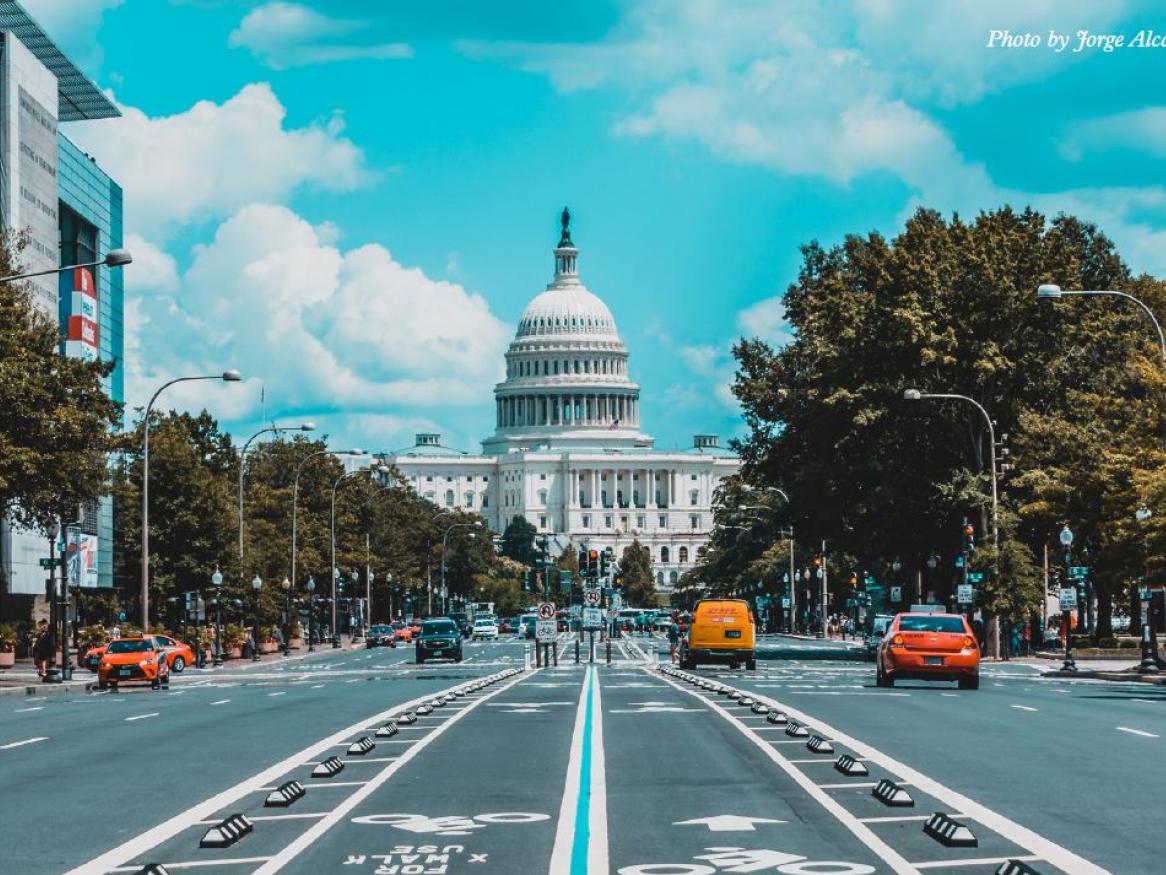
Carlos A. Primo Braga is an Adjunct Professor, Fundação Dom Cabral, Brazil.
The commercial and geopolitical conflict between China and the United States is unlikely to abate in the coming years. This brief discusses the contours of recent geopolitical history in order to contextualize the nature of this new “Cold War” between the two superpowers.
[Read more about Cold War 2.0: Implications for Middle Powers ]
Putting the Comprehensive Agreement on Investment (CAI) into perspective: Five key points
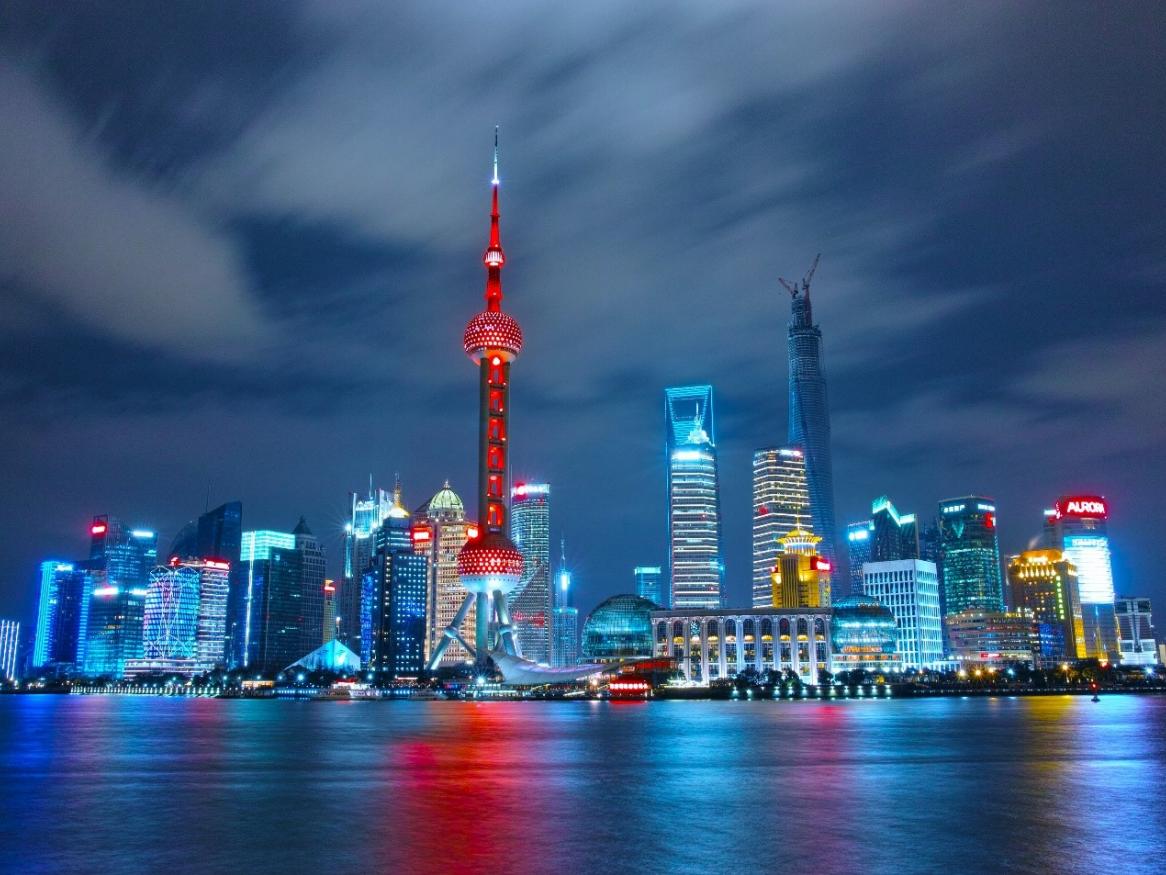
Bryan Mercurio is Simon F.S. Li Professor of Law at the Chinese University of Hong Kong. On 30 December 2020, the European Union (EU) and China ‘in principle’ concluded negotiations on a Comprehensive Agreement on Investment (CAI). The European Commission published the text of the CAI on 22 January 2021. The agreement has been welcomed by the business community but criticised by civil society and the United States (US).
This work is licensed under Commons Attribution-NonCommercial-NoDerivatives 4.0 International License.
IIT is a global leader in researching, analysing and commenting on International Trade.
Stay informed about our up-and-coming seminars, events, publications, awards, new projects and collaborations, and other exciting news.
